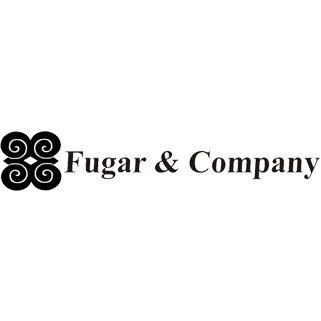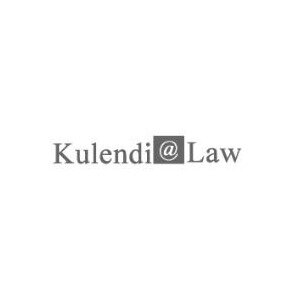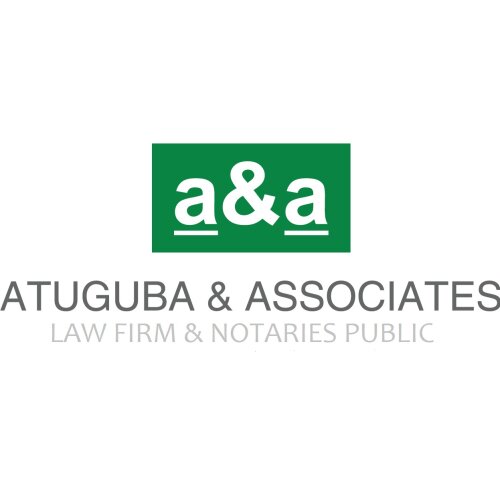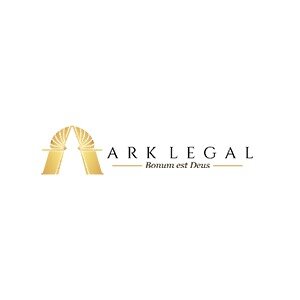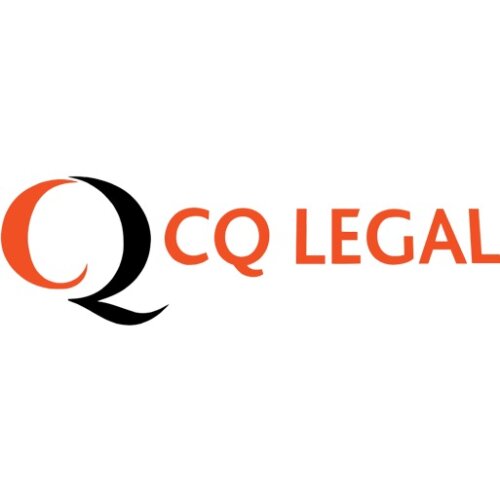Best Debt Capital Markets Lawyers in Ghana
Share your needs with us, get contacted by law firms.
Free. Takes 2 min.
Or refine your search by selecting a city:
List of the best lawyers in Ghana
About Debt Capital Markets Law in Ghana
Debt Capital Markets (DCM) refer to the environment through which governments, corporations, and other entities raise funds by issuing debt securities such as bonds and notes to investors. In Ghana, the DCM has grown steadily over the years, playing a significant role in financing infrastructure, business expansion, and development initiatives for both public and private sector participants. The DCM operates under a robust legal and regulatory framework designed to ensure transparency, investor protection, and market stability. Legislation and regulatory bodies such as the Securities and Exchange Commission (SEC) of Ghana govern the issuance, trading, and disclosure of debt securities.
Why You May Need a Lawyer
Navigating the legal aspects of Debt Capital Markets in Ghana can be complex due to the numerous regulations and stakeholders involved. You may need a lawyer in situations such as:
- Structuring, issuing, or investing in bonds or other debt instruments
- Compliance with SEC and Bank of Ghana regulations
- Negotiating and drafting debt agreements or offering documents
- Handling cross-border transactions or fundraising
- Conducting due diligence on issuers or instruments
- Resolving disputes related to debt offerings, defaults, or restructurings
- Advising on listing requirements for the Ghana Stock Exchange (GSE)
A qualified lawyer can help you understand your rights and obligations, minimize legal risks, and guide you through complex documentation and regulatory processes.
Local Laws Overview
Debt Capital Markets activity in Ghana is mainly governed by several laws and regulatory guidelines, with key aspects including:
- Securities Industry Act, 2016 (Act 929) - The primary law regulating securities, including debt instruments, in Ghana. It sets standards for issuance, trading, and disclosure requirements.
- Bank of Ghana Act, 2002 (Act 612) and amendments - Governs monetary policy and public debt management, especially for government securities.
- Companies Act, 2019 (Act 992) - Regulates corporate entities that issue or invest in debt securities, including provisions on borrowing, reporting, and director duties.
- Ghana Stock Exchange Listing Rules - Sets requirements and procedures for listing and trading debt securities on the GSE.
- SEC Regulations and Guidelines - The SEC provides additional rules on disclosures, prospectus requirements, market conduct, and investor protection.
Local regulations also require thorough due diligence, robust disclosure of issuer information, approval from relevant authorities, and periodic reporting to both regulators and investors. Compliance with anti-money laundering (AML) and anti-terrorism financing laws is also mandatory.
Frequently Asked Questions
What are Debt Capital Markets?
Debt Capital Markets are financial markets where organizations and governments raise funds from investors by issuing debt securities, such as bonds or notes, with an agreement to pay back the amount with interest.
Who regulates Debt Capital Markets in Ghana?
The main regulator is the Securities and Exchange Commission (SEC), with oversight from the Bank of Ghana and, for listed securities, the Ghana Stock Exchange (GSE).
What is a bond, and how is it different from a loan?
A bond is a tradable debt security issued to raise funds from investors, often in the public markets. A loan typically involves a private agreement between a borrower and a lender, usually a bank.
Can foreign investors participate in Ghana’s Debt Capital Markets?
Yes, foreign investors can buy debt securities issued in Ghana, subject to local laws and any applicable foreign exchange or repatriation regulations.
What are the key steps in issuing a corporate bond in Ghana?
Key steps include preparing required documentation, obtaining regulatory approvals from the SEC, meeting GSE listing requirements (if applicable), due diligence, and investor marketing.
What is required in a bond prospectus?
A bond prospectus should contain detailed information about the issuer, the terms of the bond, risks, financial data, use of proceeds, and legal disclosures as stipulated by the SEC and applicable laws.
Are there tax implications for investing in debt securities?
Yes, returns on debt securities may be subject to withholding tax or other taxes in Ghana. It is important to consult with a legal or tax advisor to understand your specific tax obligations.
What legal risks should I consider before investing in a bond?
Investors should consider credit risk, market risk, default risk, and any legal restrictions on transferability or redemption. It is advisable to review the bond’s documentation and seek legal advice.
What happens if a bond issuer defaults?
If an issuer fails to meet its payment obligations, bondholders may have the right to enforce their claim through legal or restructuring processes. The specific remedies depend on the bond terms and applicable law.
How do I choose a lawyer experienced in Debt Capital Markets?
Look for lawyers or law firms with a proven track record in securities, banking, and finance law, especially those with experience advising on bond issuances, regulatory compliance, and dispute resolution in Ghana.
Additional Resources
Several organizations and bodies provide guidance and oversight of Debt Capital Markets in Ghana. These include:
- Securities and Exchange Commission (SEC) - Regulates, licenses, and enforces securities law in Ghana.
- Ghana Stock Exchange (GSE) - Provides listing rules and supervises trading of debt securities.
- Bank of Ghana - Oversees monetary policy, public debt, and government bond issuances.
- Ghana Association of Bankers - Represents the interests of banks involved in DCM transactions.
- Ghana Investment Promotion Centre - Offers guidance to foreign investors seeking to participate in Ghana’s capital markets.
Professional associations or law firms specializing in banking, finance, and securities law can also serve as invaluable resources for individuals seeking expert advice.
Next Steps
If you need legal assistance in the field of Debt Capital Markets in Ghana, consider the following steps:
- Identify the nature of your legal issue and gather all relevant documents.
- Research and shortlist reputable lawyers or law firms with expertise in DCM and securities law in Ghana.
- Schedule an initial consultation to discuss your needs, ask about their experience, and clarify legal fees.
- Ensure your lawyer is familiar with regulatory requirements of SEC, Bank of Ghana, and GSE.
- Work closely with your legal advisor throughout your transaction or issue to ensure full compliance and protect your interests.
Legal advice at the early stages of any Debt Capital Markets activity can help you avoid costly mistakes and ensure smooth execution of your financing goals.
Lawzana helps you find the best lawyers and law firms in Ghana through a curated and pre-screened list of qualified legal professionals. Our platform offers rankings and detailed profiles of attorneys and law firms, allowing you to compare based on practice areas, including Debt Capital Markets, experience, and client feedback.
Each profile includes a description of the firm's areas of practice, client reviews, team members and partners, year of establishment, spoken languages, office locations, contact information, social media presence, and any published articles or resources. Most firms on our platform speak English and are experienced in both local and international legal matters.
Get a quote from top-rated law firms in Ghana — quickly, securely, and without unnecessary hassle.
Disclaimer:
The information provided on this page is for general informational purposes only and does not constitute legal advice. While we strive to ensure the accuracy and relevance of the content, legal information may change over time, and interpretations of the law can vary. You should always consult with a qualified legal professional for advice specific to your situation.
We disclaim all liability for actions taken or not taken based on the content of this page. If you believe any information is incorrect or outdated, please contact us, and we will review and update it where appropriate.
Browse debt capital markets law firms by city in Ghana
Refine your search by selecting a city.



